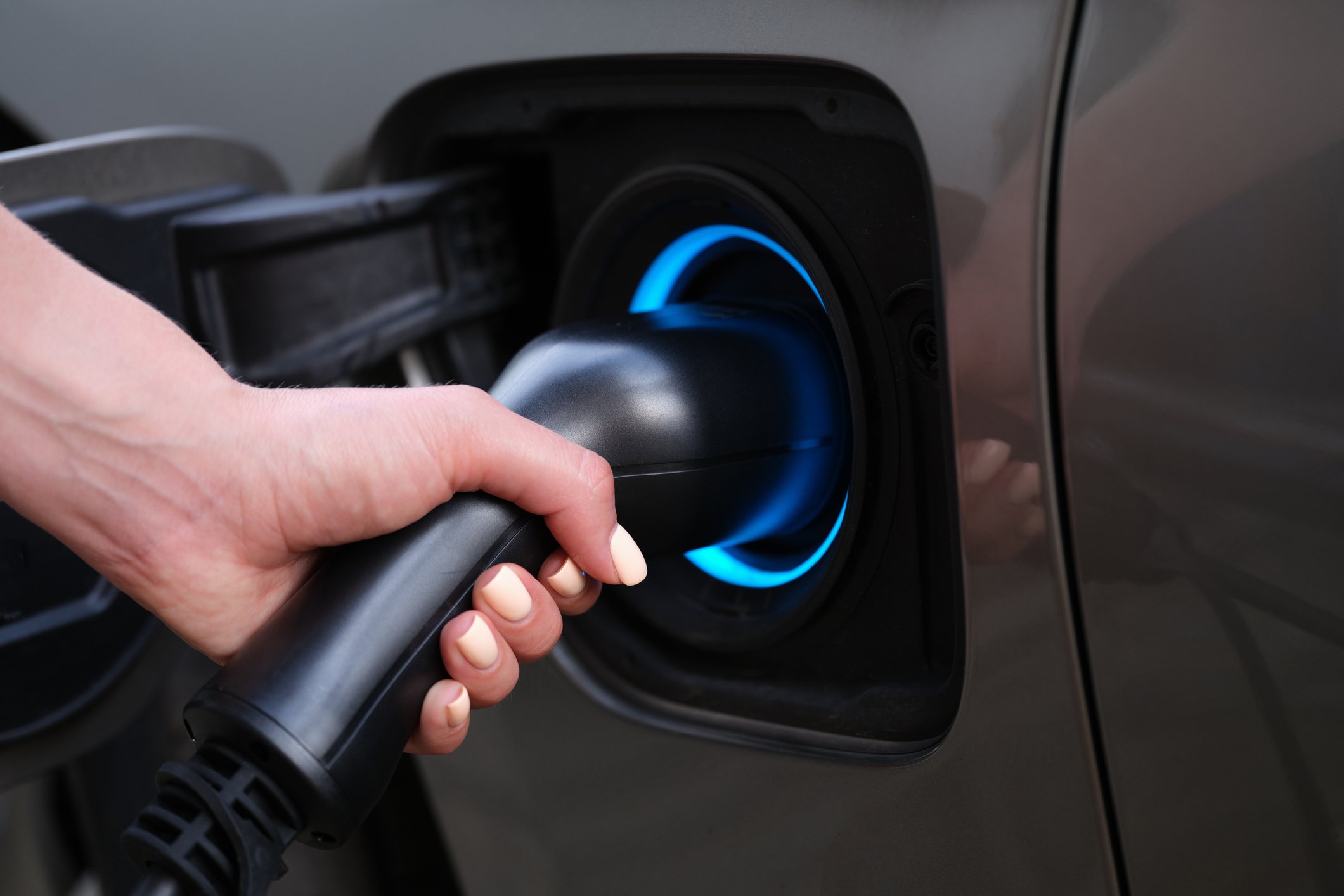Nearly 22 million people bought new vehicles in China in 2013, but electric-gasoline-hybrid vehicles found only 3,038 takers. As people buy more cars in China, controlling pollution and managing oil imports is becoming a huge challenge for the country. The government sees eco-friendly vehicles as a possible solution to this problem, and offers subsidies on electric and other alternate-fuel vehicles. Strangely, it has kept hybrids out of its subsidy programs.
But the story may change before long -- automakers have already started formulating their strategies for China's hybrid market. Toyota (TM +2.96%), the pioneer in hybrids, has sensed a big opportunity in the country, and made a series of announcements. Can Toyota develop a viable market for its hybrid cars in China?

Yundon-Showanchin II hybrid. Source: Toyota
Toyota's game plan
Toyota has sold more than 1 million hybrids across the world in the last nine months, and more than 90% of the sales have come from Japan, North America, and Europe. Oddly, there is no demand from China, which is the world's largest auto market.
One reason is that the current models available in China have a high sticker price in order to cover the duties on the hybrid powertrain and other parts imported from Japan. The Japanese automaker may have realized that the only way to develop a mass market for its hybrid cars without government support is by making them more affordable.
So Toyota finally got over its reluctance to share its secret technology with foreign partners, and made some big moves. It set up a joint venture in November 2013 to produce hybrid car batteries in Jiangsu Province. It's also planning to produce hybrid cars locally with Chinese automakers, China FAW Group and Guangzhou Automobile Group, which would keep costs relatively low. Toyota expects to launch these hybrids in the mainland in 2015.
The Japanese auto giant showed off its Yundon-Showanchin II hybrid at the Shanghai Auto Show last year. It's hoping that good cars available at the right price points may finally succeed in moving the needle for hybrid cars in China.
China cannot ignore hybrids much longer
The Chinese government has always been reluctant in promoting hybrid cars since the technology is already well established in other parts of the world, and the government fears that Chinese cars may not be able to effectively compete on a global platform. So while there were lot of speculations, the government chose not to include hybrids when it renewed the subsidies on electric vehicles for another three years in September 2013.
However by shunning hybrids, the government is faltering on an important mission -- that of getting 500,000 eco-friendly vehicles on the road by 2015, and 5 million by 2020. But actual sales are nowhere close to this mark -- the total tally of eco-friendly vehicles sold in the country stood at 17,642.
People bought only 14,604 electric cars in 2013 despite the Chinese government subsidy of 60,000 yuan (approximately $9,900 at current exchange rates) for an electric passenger car. The public skepticism about electric vehicles possibly comes on account of the lack of proper charging infrastructure. Here hybrids can play a pivotal role as they do not require charging stations -- the batteries get charged on their own when the car is driven.
So Toyota and other automakers are hopeful that the government may soon shred its inhibitions about supporting hybrid-vehicle technology.
Competition could heat up
Most automakers have set high hopes on the evolution of the hybrid-vehicle market in China. Toyota's domestic rival Honda (HMC 0.91%) has plans to launch low-priced hybrid cars in China, possibly in 2016. Honda sells the world's cheapest hybrid cars in its home market -- it's Fit hybrid costs 1.63 million yuan, or roughly $15,700 at current exchange rates. The company insists that its hybrid cars for China would be available at 1.5 million Japanese yen (approximately $14,000) -- nearly half the current price of hybrids in China.
Toyota's other domestic competitor, Nissan (NSANY 2.63%), which was earlier concentrating on purely electric cars, has also increased its focus on hybrids. In 2013, Nissan revealed its Friend-ME concept, designed exclusively for the Chinese market. The car has a futuristic design, plenty of gadgets (such as the large touch screen that allows four travelers to browse the Internet), and a hybrid powertrain. The model attracted huge attention at the 2013 Shanghai Auto Show and it would be interesting to see if Nissan will actually bring the car to production.
Parting thoughts
Despite the Chinese government's focus on electric vehicles, Toyota and other global automakers are laying their bets on China's hybrid-car market. If they succeed in lowering prices and offer good value for money, there is a possibility that the hybrid-car market could take off in China.
It would be an added bonus if the government realizes the role that hybrid cars can play in tackling pollution, and gives support to this industry. Among the major automakers, Toyota is the most experienced in hybrid technology and has a good chance of securing a competitive edge.








